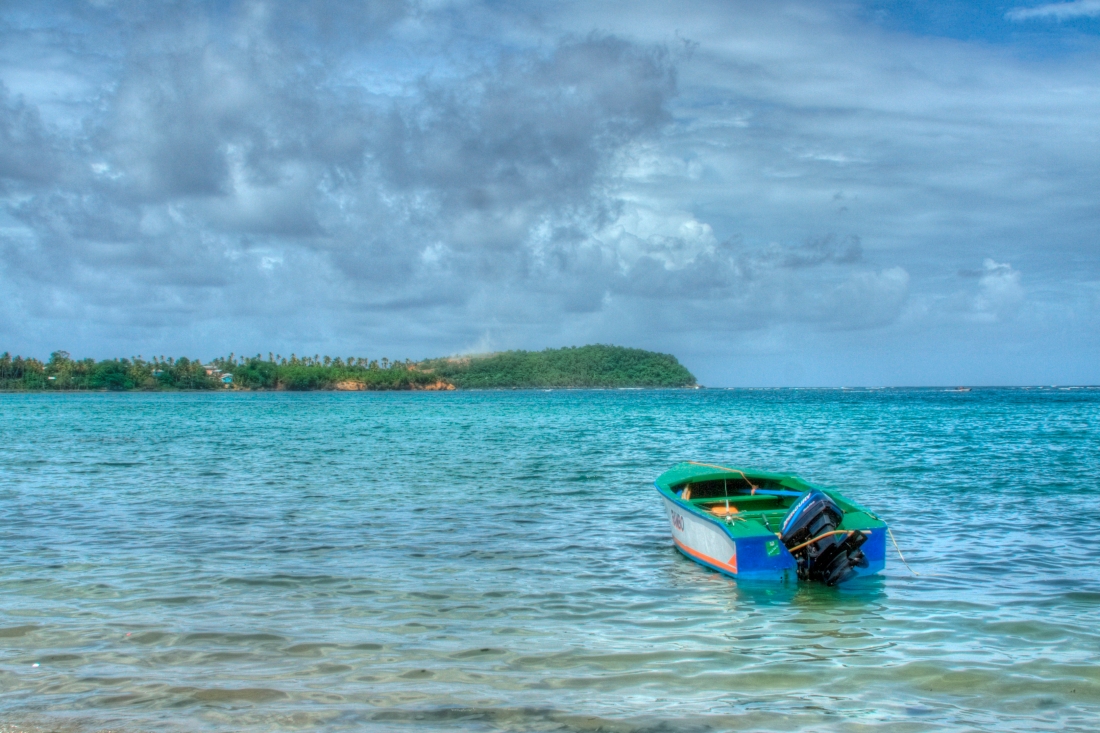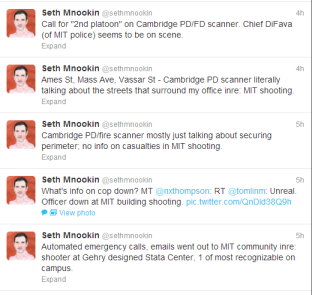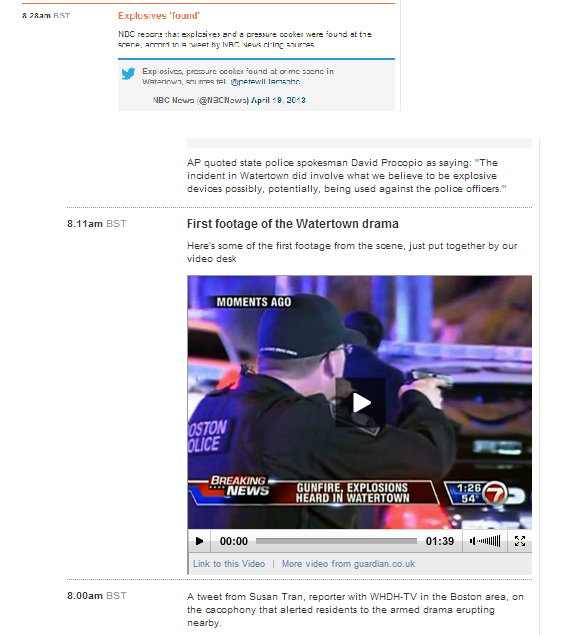A former UN human rights chief in Iraq has issued a damning indictment on his former employers.
In an article published congressional newspaper The Hill, Tahar Boumedra alleges that the UN’s has failed to ensure that international norms of human and humanitarian rights are maintained for Iranian exiles at Camp Ashraf, to the north of Baghdad.
He writes:
As hard as it might be for many to believe, as the United Nations serves the cause of human rights and world peace, this is a shameful story of hiding the truth and looking the other way when we knew there were violations: of complicity with wrongdoers, and neglect of human rights and humanitarian responsibilities.
His article explaining the reasons for his resignation includes a number of shocking allegations including:
- In April 2011 a raid on unarmed refugees at Camp Ashraf took 36 lives and caused hundreds of injuries. The massacre saw men and women alike crushed to death by military vehicles or killed with one bullet at close range, yet Boumedra alleges that UNAMI never objected to the government’s attempts to block an inquiry, reporting instead that Iraq had met its international obligations.
- Death threats in Farsi have been broadcast for 18 hours on most days through loudspeakers surrounding Camp Ashraf, and Iraq has issued nearly 200 arrest warrants against residents with no due process.
- Special Representative Martin Kobler has enabled Nouri al-Malik’s agenda while falsifying information reported to senior U.N. leadership and the international community.
- With 2,000 exiles at Camp Liberty to date, the United Nations has interviewed only a small number, and not one person has completed refugee processing.
- Foreign officials other than from the United Nations and a few consular officers have been denied access to both Camp Ashraf and Camp Liberty.
According to Boumedra the temporary transit location to which many of the exiles have been transferred is not fit to accommodate 3,400 men and women to the extent that he writes that “it reminds me of the concentration camp I lived in as a child during Algeria’s war of liberation”.
Yet UNAMI responded to the former chief’s allegations with the following claims about the conditions at Camp Hurriya:
CONDITIONS AT CAMP HURRIYA
The 2,000 residents of Camp Hurriya live in residential containers. On average, there are between two and four people per container, as allocated by the residents’ leadership. All rooms are fully air-conditioned.
Residents are free to undertake renovation projects with the approval of camp management. They have completed a range of landscaping initiatives and refurbishment of buildings. They are also free to bring in external contractors to implement these projects, with the agreement of camp management.
The camp has a dining facility with an industrial kitchen, a fully equipped gym, a mosque, several community centres, and numerous
recreational spaces.A medical facility is staffed by 2 Iraqi doctors working in shifts; at least one doctor is present at all times. Two ambulances are on constant standby.
The GoI ensures movement of residents to any external medical appointments as necessary.Bottled drinking water is imported by the residents. In addition, each resident has at least 200L of water per day for hygiene and other uses. Basic humanitarian standards require 100L of water per day. In Iraq, the average person gets between 70 and 90L per day. A water pumping and purification plant is being installed in the camp.
Electricity is currently provided by 19 generators, half of which operate at any given time to ensure that electricity is provided
24 hours a day. The average Iraqi in Baghdad has access to 9 hours of electricity per day.Residents have cell phones, internet connection and satellite television.
Camp Ashraf (also known as Camp New Iraq), home to thousands of Iranian exiles, many of whom are members of a group known as the People’s Mojahedeen of Iran (MEK), has been one of the main issues dealt with by UNAMI for more than 18 months.
The base was established in 1986 as a headquarters and training site for the MEK by Saddam Hussein. In 1997 the MEK, including the 3,400 detainees at Camp Ashraf, was put on the US list of Foreign Terrorist Organizations (FTO). MEK fighters had fought for Saddam Hussein and were captured by US troops in 2003. But by June 2004 residents at Camp Ashraf had been given “protected persons” status by the US under Article 4 of the Geneva Conventions.
The very public wrangling over these exiles centres on the
Earlier this year the Washington Times broke the story that former Pennsylvania governor Ed Rendell’s speakers’ bureau was being investigated by the Treasury Department for allegedly doing business with terrorists.
It was alleged the bureau had accepted fees for speaking out in support of humane treatment for unarmed members of MEK detained by the Iraqis, as well urging their de-listing from the FTO so that they could be safely relocate outside Iraq.
Rendell is in good company. Prominent former U.S. officials, military and intelligence officers…have been doing the same. These include: former New York City Mayor Rudy Giuliani, former National Security Adviser James Jones, former Attorney General Michael Mukasey, Brig. General Phillips, former Homeland Security Director Tom Ridge, General Hugh Shelton, and R. James Woolsey. They are joined by eminent Democrats such as Howard Dean, Bill Richardson, and Patrick Kennedy.
Why would this illustrious group pay such attention to the plight of the inhabitants in a small camp 80km from the Iranian border? Well, the MEK are opposed to the current Iranian regime and in the struggles of geopolitics any enemy of my enemy can be my friend.
In March Foreign Policy reported that:
In recent weeks, retired U.S. officials and politicians — many of whom admit to being paid by the MEK or one of its many affiliates — have mounted a sophisticated media campaign accusing the U.N. and the U.S. government of forcing the group to live in subhuman conditions against its will at Camp Liberty, an accusation U.S. officials say is as inaccurate as it is unhelpful.
An ad in the New York Times quoted former New York Mayor Rudy Giuliani calling Camp Liberty “a concentration camp” — a charge Giuliani made at an MEK-sponsored conference late last month in Paris.
The New York Times ad is only the latest in a years-long, multi-million dollar campaign by the MEK and its supporters to enlist famous U.S. politicians and policymakers in their efforts to get the group removed from the State Department’s list of foreign terrorist organizations and resist Iraqi attempts to close Camp Ashraf, which the new government sees as a militarized cult compound on its sovereign territory.






